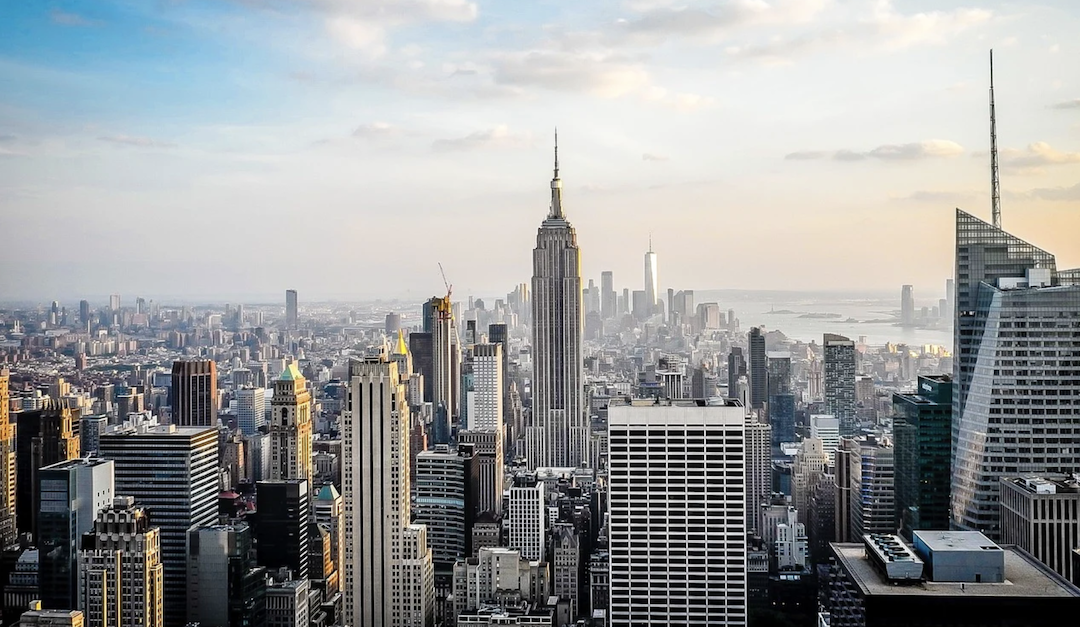New York City recently made over 600 major updates and thousands of smaller changes to its construction codes—the first such wholesale revamping since 2014.
The changes are “intended to improve safety for New Yorkers, and incorporate the latest in building technologies,” according to a statement from the city. “The new codes use the highest international standards for the design, construction, and maintenance of buildings as a baseline, while continuing our city’s proud tradition of implementing additional enhancements to ensure we have among the strongest building regulations anywhere in the world.”
Revisions include:
· Increased material choices available to builders by expanding the use of sustainable building materials such as cross-laminated timber and structural composite lumber.
· Expansion of the applicability of flood zone requirements of the 100-year flood hazard area to all critical facilities (including fire, rescue, ambulance, police stations, and designated emergency shelters) located in the 500-year flood zone.
· Policies to support the use of alternative energy production processes including hydrogen fuel cells.
· Clear compliance criteria for elevator systems to ensure greater accessibility and usability for building occupants with physical and intellectual/developmental disabilities.
· Reduction of the required 8-foot basement clearance height for two-family homes to 7 feet to increase affordable housing opportunities.
· Permission to use netting, low barriers, and chain link fencing in lieu of solid fencing that creates blind tunnels for pedestrians.
· Creation of a new license type for advanced crane technology, such as articulating boom cranes and roto-telehandlers.
The updated code requirements will go into effect next year, with some regulations taking effect on Jan. 1, 2022.
Related Stories
Codes and Standards | Apr 28, 2021
Building-integrated solar power turns buildings into power plants
Multiple alternatives could replace or complement rack-mounted PV arrays.
Codes and Standards | Apr 27, 2021
Ten real estate groups sign on to New York State’s high-rise decarbonization challenge
Each signee commits to carbon neutrality in one or more high-rise buildings it owns.
Codes and Standards | Apr 26, 2021
Dozens of companies, organizations call for Congress to double Energy Star funding
Despite broad support, program’s budget has steadily declined in recent years.
Codes and Standards | Apr 22, 2021
Alabama fire chiefs oppose proposal to change school building code oversight
Bill would move code compliance control from state to local boards.
Codes and Standards | Apr 21, 2021
After dry winter, California ramps up wildfire prevention efforts
State to spend half a billion dollars on projects including making buildings more fire resistant.
Codes and Standards | Apr 20, 2021
U.S. electric grid is halfway to zero carbon
Other sectors including buildings lag power industry.
Codes and Standards | Apr 19, 2021
Failed landmark preservation effort in Chicago provides lessons for planners
Gentrification fears heightened among Pilsen neighborhood residents doomed ambitious preservation plan.
Codes and Standards | Apr 14, 2021
New Phase 1 Environmental Site Assessment standard debuts in 2021
Will affect 250,000 commercial real estate deals a year.
Codes and Standards | Apr 13, 2021
British Columbia moves to accelerate mass timber construction
Province funds demonstration projects as part of economic recovery.
Codes and Standards | Apr 12, 2021
WoodWorks and Think Wood release first Mass Timber Design Manual
Interactive collection of information on mass timber products, design best practices, taller wood construction and sustainability.

















